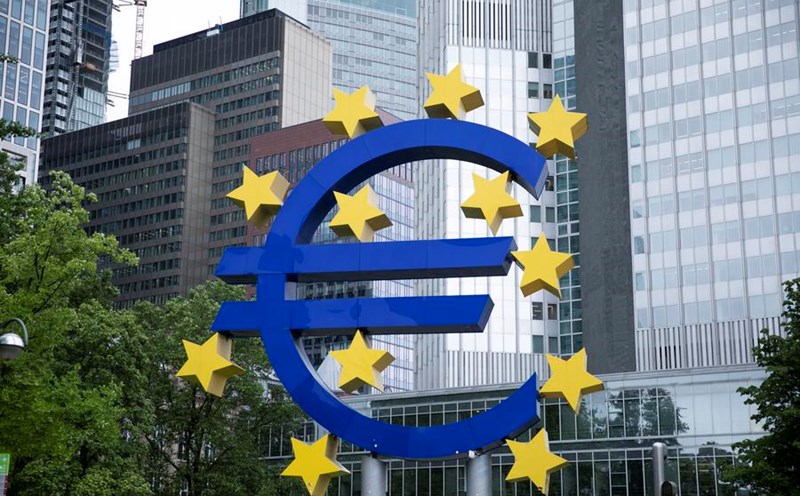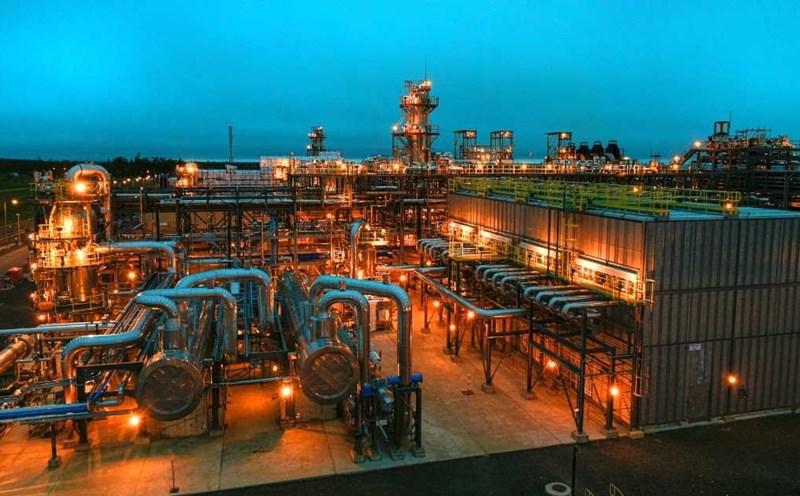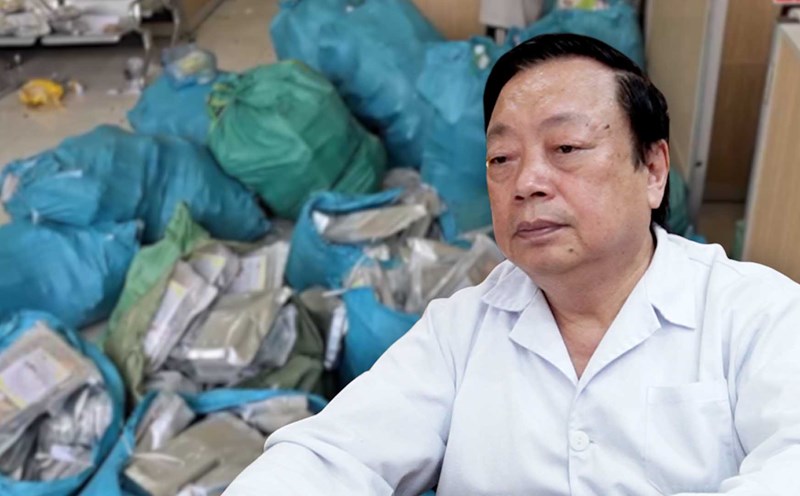The European Commission (EC) is preparing a legal plan to completely ban imports of Russian gas, both pipeline gas and liquefied natural gas (LNG), by the end of 2027.
The information was revealed by Bloomberg on May 5, marking the next drastic step in efforts to end energy dependence on Moscow since the outbreak of the Ukrainian crisis in 2022.
According to sources familiar with the matter, the European Union (EU) will propose a ban on signing any new gas contracts with Russia, including transactions on the spot market, with an expected effective date of late this year.
In particular, the new plan does not stop at future contracts, but also includes existing long-term contracts - although the parties will have a transition period until the end of 2027 to completely terminate.
The move could be made public in Strasbourg on May 6, but could still change depending on internal developments within the bloc.
Despite claims of reduced dependence, Russia remains one of Europe's major gas suppliers. Gas flows through Turkey and LNG shipments are still regularly flowing into the old continent. In 2024, Russia will account for 17.5% of the total EU LNG imports, behind only the US with 45.3%.

Notably, the three countries of France, Spain and Belgium are currently consuming up to 85% of Russia's LNG exports to Europe, according to the Institute for Economic and Energy Analysis (IEEFA). This has led to the proposal to ban Russian LNG in the EU's 16th package of sanctions in February 2025 being rejected, facing opposition from these countries themselves.
Bloomberg said the new ban would expand space for US LNG - long been promoted by Washington as molecles of freedom in its global energy strategy.
However, many analysts are concerned that giving up Russian LNG at this time could cost the EU an important lever in trade negotiations with the US - which Brussels is pushing for to reduce tariffs on European goods.
A recent Reuters article also expressed similar views, saying that Washington could take advantage of its LNG dependence to negotiate in a more self-estspecified way.
While European officials are trying to push Russia off the energy map, some industrial leaders in the region have warned of a deepening production crisis due to rising energy costs. Some voices have spoken out about reconsidering the resumption of cheap gas imports from Russia to save the manufacturing sector.
Russia, meanwhile, has repeatedly affirmed that it is still a reliable energy partner. Moscow also condemned Western sanctions and trade restrictions as "violating international law" and is stepping up exports to markets considered "more friendly".












